By Kayhan Life Staff
In February 2023, the Empirical Research and Forecasting Institute (erf.i), a research center and think tank based in the United States, released the results of its second survey titled “Political Stance in Iran.”
The Empirical Research and Forecasting Institute was founded in 2022 by research fellows Taghi Alereza, Houshang Lahooti and Noah Farhadi. Its projects focus on data analytics and socioeconomic affairs and are led by experts in the field.
The authors of the report conducted seven surveys in Iran since 2018, and based on those; they carried out the latest survey. In an executive summary of it, published in February, erf.i said: “Our central question for this study was: Who represents Iranians?”
To answer the question, erf.i explained that it “formed three groups, including political leaders and contemporary figures,” and added: “Respondents expressed their preference for Crown Prince Reza Pahlavi and the return of the constitutional monarchy in Iran.”
“An overwhelming 60.4 percent of Iranians support a return to a constitutional monarchy in Iran, while only 17.5 percent favor a democratic republic,” erf.i said. “The remaining 14.5 percent are still undecided. Many Iranians reject the ideals of the 1979 revolution. It is almost as if they want to return to the time before the 1979-Revolution when the constitutional monarchy held sway.”
According to erf.i, “Pahlavi nostalgia is further reflected in the survey’s findings that 79.9 percent of Iranians overwhelmingly favor Crown Prince Reza Pahlavi over the current political leaders.”
Iran’s Supreme Leader Ayatollah Ali Khamenei “is no longer the majoritarian leader of the Islamic Revolution in Iran,” the survey asserted, adding that the Iranian people “are looking for a change in leadership and are not satisfied with the current regime.”
[aesop_image img=”https://kayhanlife.com/wp-content/uploads/2023/03/erfi_march2023_1.jpg” panorama=”off” credit=”ERFI/KL” align=”center” lightbox=”on” captionsrc=”custom” captionposition=”left” revealfx=”off” overlay_revealfx=”off”]
“Individuals with detailed profiles such as top athletes, civic activists, artists, and influencers who make their living doing opposition work appear more than 20 times online and on social media,” erf.i noted.
“Our target audience was the people of Iran,” erf.i said. “Over 9,000 respondents visited our survey. After thoroughly reviewing users’ characteristics and applying the virtual snowball effect, our sample was streamlined to 2,639 records. Our survey is partially representative. We reached a 95 percent confidence level and about a 2 percent margin of error.”
[aesop_image img=”https://kayhanlife.com/wp-content/uploads/2023/03/erfi_march2023_2.jpg” panorama=”off” credit=”ERFI/KL” align=”center” lightbox=”on” captionsrc=”custom” captionposition=”left” revealfx=”off” overlay_revealfx=”off”]
The survey found that the ongoing protests were a response to “the current political system and the 44-year-old revolutionary regime,” and football stars such as Ali Karimi and Ali Daei, and musicians including Shahin Najafi, are considered “the most influential athletes and musicians representing their values.”
[aesop_image img=”https://kayhanlife.com/wp-content/uploads/2023/03/erfi_march2023_3.jpg” panorama=”off” credit=”ERFI/KL” align=”center” lightbox=”on” captionsrc=”custom” captionposition=”left” revealfx=”off” overlay_revealfx=”off”]
The activist Masih Alinejad “is the most mentioned influencer and celebrity, followed by the broadcast journalists Pouria Zeraati and Fardad Farahzad,” the survey noted. “This shows that Iranians are searching for role models they can believe in whose values they believe they can share.”
According to the survey, the Iranian people are seeking a “new direction” for Iran, and “Pahlavi nostalgia is a persistent trend among the Iranian population; they seek influential figures representing their value system, including freedom, patriotism, prosperity, human rights, and justice.”
While Maryam Rajavi, the leader of the People’s Mojahedin Organization of Iran (MEK), received only two votes, Ayatollah Ali Khamenei and Iranian President Ebrahim Raisi got “1 percent support.”
Only 0.9 percent of the participants in the survey supported reformists, including the former Prime Minister Mir-Hossein Mousavi (currently under house arrest), the former Majlis (Iranian Parliament) Speaker Mehdi Karroubi, and the former Interiors Minister Mostafa Tajzadeh.
Erf.i argued that its February survey showed a “dramatic fall in the approvals of [Islamic Republic of Iran] leaders compared with our survey conducted in November 2022.”
In its earlier survey report, erf.i suggests: “The survey results showed that Crown Prince Reza Pahlavi has a tacit mandate from the Iranian people to form a coalition of opposition leaders,” erf.i concluded. “This coalition could help future protests by providing media coverage, legal aid, international support, coordination of strikes, imposing national boycotts, and training on resisting the regime’s military forces.”

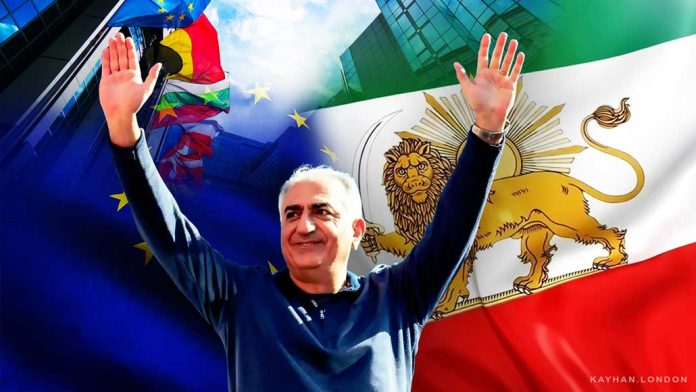

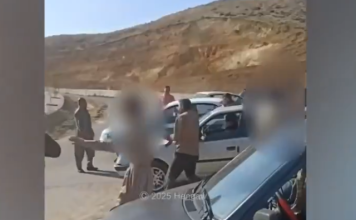
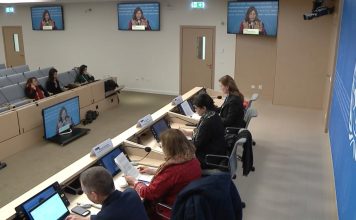
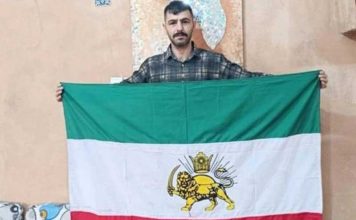
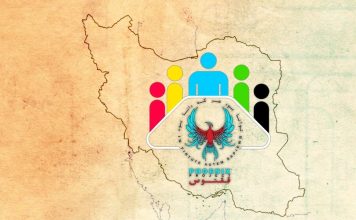

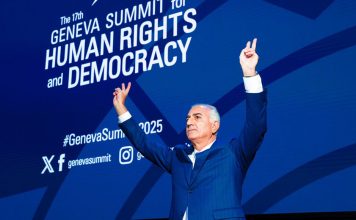
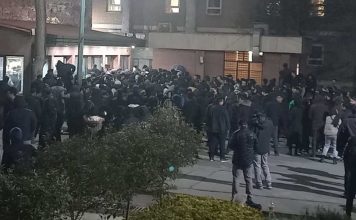
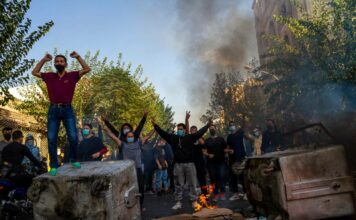
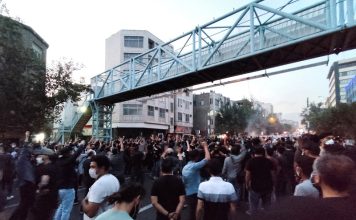

Kayhan Life was correct to highlight that people found the survey, and that they did not carry out any sort of random selection respondents.
They were incorrect to not highlight that anybody filling in a survey about the Opposition from inside Iran, would be doing so with the possibility their communications were an open door to a very dangerous regime.
I expect that if the survey could have been run to 1940s France opposition against the occupation, they’d have got a similar result.
I’m ex-Ipsos MORI.
I support Crown Prince Reza Pahlavi 🌹🤴🌹